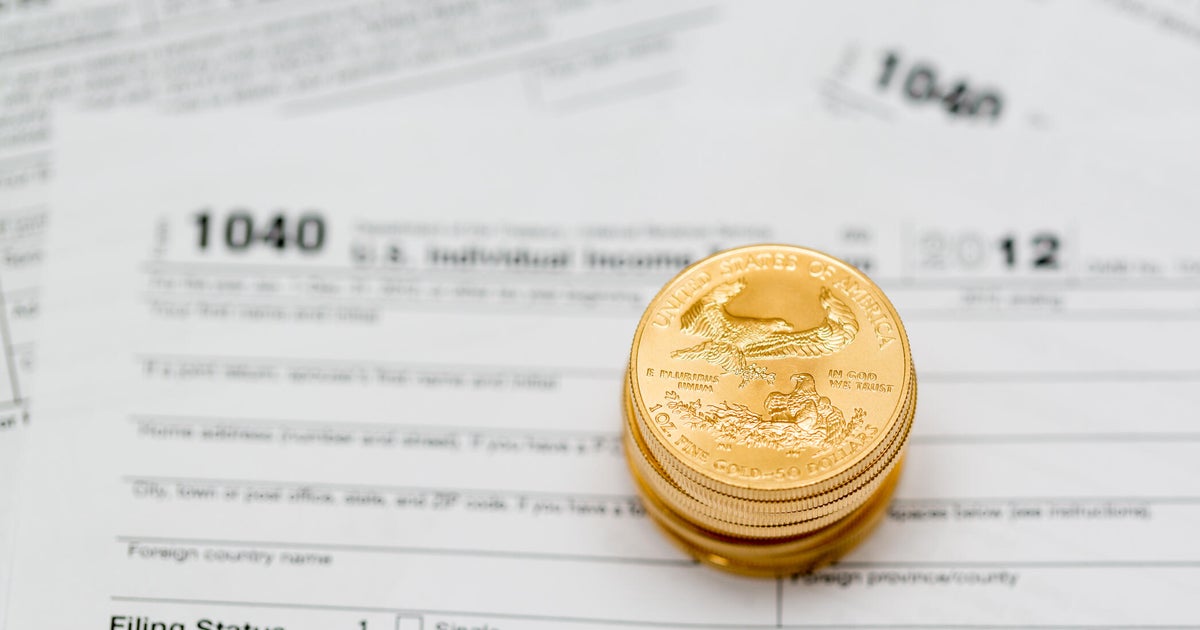Which gold investment type is best for inflation protection?
Inflation has been stubbornly high for some time now. And while the Federal Reserve has been actively trying to cool things off, most people's budgets aren't stretching as far as they were a few years ago.
Fortunately, there are ways to protect your wealth — even as inflation trudges on. Called hedges, these are investments that give you a buffer against inflation, allowing your money to hold its value even while the power of the dollar declines.
Gold is one of the most commonly used hedges against inflation, as it's always in limited supply, but not all gold investments are created equal in this regard.
Ready to hedge against inflation? Explore your top gold investing options here.
Which gold investment type is best for inflation protection?
Here's what experts say are the best ways to invest in gold if you want to protect against inflation:
Physical gold
Buying physical gold is, by far, the best way to hedge against inflation, experts say.
"The most surefire way to use gold as an inflation hedge is by acquiring physical coins or bars," says Kirill Zagalsky, CEO of Advantage Gold. "The beauty of buying physical assets is that they are your property and have no counterparty risk — meaning you are the only owner of the metals you acquire."
If you're looking for the most affordable way to buy physical gold, Zagalsky says to focus on bars, as they "have lower premiums over gold's spot price and are usually the cheapest way to acquire the most ounces."
Gold coins and jewelry are options, too; however, be careful about where you buy these. You'll also want to verify their quality and authenticity to ensure you're making a smart investment.
Explore how gold could benefit your investment portfolio here.
Gold ETFs and gold mutual funds
Investing in a gold exchange-traded fund, or a gold ETF, is another possible option, according to Peter C. Earle, an economist at the American Institute for Economic Research. These allow you to invest in gold-backed assets without actually owning the physical metal.
ETFs are particularly good if you're expecting a "brief burst" of inflation and don't expect the Fed to keep it controlled, he says.
"You might choose something which could be easily traded into and out of," Earle says. "That form of gold exposure could be advantageous if one requires flexibility but still wants most of the hedge that gold provides."
Gold mutual funds are another similar option, letting you invest in a pool of gold-related securities in small fractions.
"Gold mutual funds offer diversification and are managed by fund managers," says Derek Miser, CEO at Miser Wealth Partners. "These investments provide liquidity and are held in accounts like IRAs."
Gold IRAs
As Miser mentioned, gold individual retirement accounts, or gold IRAs, are another option for effectively hedging against inflation. For one, you can use these to purchase mutual fund shares, ETFs and physical gold (without actually holding onto it yourself), giving you the powerful inflation protection that all three of these come with.
On top of this, you'll see tax advantages in retirement, which can help safeguard your wealth even more.
Just make sure you factor in the fees that can come with gold IRAs. You'll need to pay for a custodian to open and manage the account, and you will also see fees to hold your gold in a secure depository (if you buy physical gold).
An option you may want to avoid
Though investing in gold mining stocks could be a way to grow your wealth, they may not be the smartest way to hedge against inflation.
"When you invest in a mining operation you are really betting on that company's ability to run an efficient business as opposed to protecting yourself from inflation by buying gold," Zagalsky says.
If you go this route, make sure to carefully vet the companies you invest in.
"There are risks that may arise from the company itself — poor management, in particular," Earle says. "And since those stocks will be held in a brokerage account, there's counterparty risk on top of all that."
The bottom line
While gold can be a smart hedge against inflation, experts advise against investing too much in the precious metal. By most accounts, you'll want no more than 5 to 10% of your total portfolio invested in gold, though the exact amount depends on your goals, appetite for risk, and other factors. Talk to a financial or investment advisor if you need help diversifying your portfolio properly.




